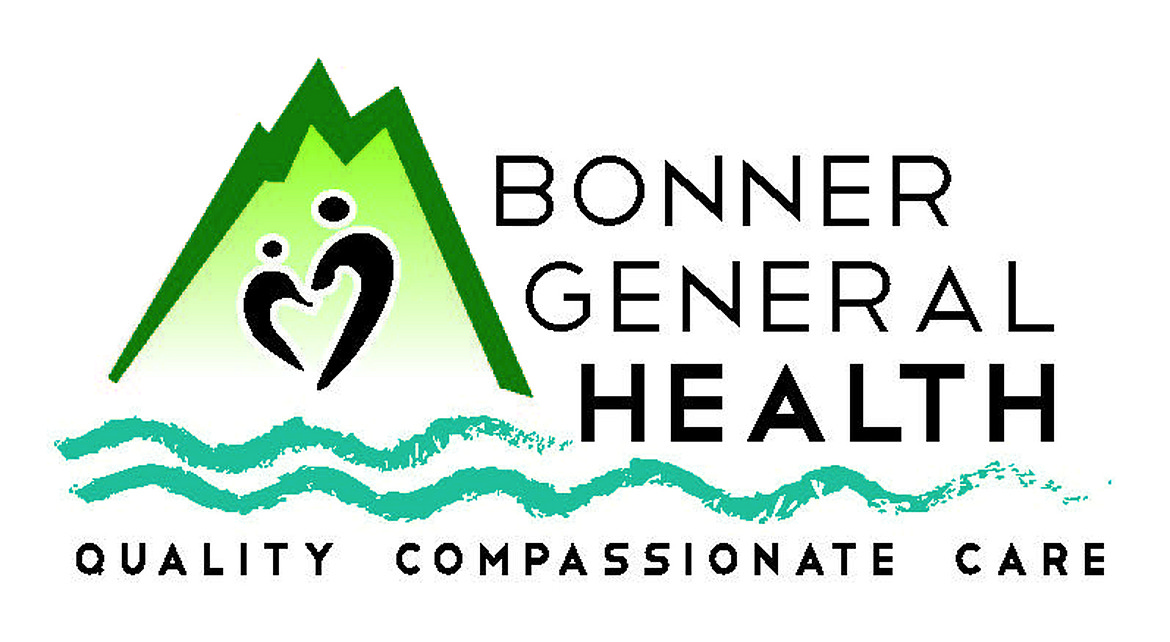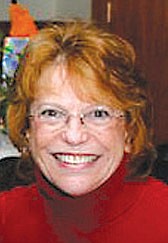Lead a healthier and longer life – volunteer
There are lots of altruistic reasons for volunteering. You’re serving your community. It’s your chance to give back. You’re providing valuable resources that affect the bottom line. And it frees up paid staff to perform tasks in line with an organization’s goals.
But did you know that it also benefits both your mental and physical health? A trusted website, www.helpguide.org says, “Studies have found that those who volunteer have a lower mortality rate than those who do not.”
They say that besides living longer, those of us who volunteer tend to be healthier. “Volunteers tend to walk more, find it easier to cope with everyday tasks, are less likely to develop high blood pressure, and have better thinking skills. Volunteering can also lessen symptoms of chronic pain and reduce the risk of heart disease.”
Being in regular contact with others helps you to develop a support system that can protect you from depression, stress, anger, and anxiety. “The social contact aspect can have a profound effect on your overall psychological well-being.”
There are a multitude of volunteer opportunities in our county. I reached out to the volunteer coordinator at Bonner General Health, Aurora Clarke, for information about volunteering at the hospital. Which, by the way, is at the top of the list of ways to determine if you’re suited for a position in healthcare.
Clarke joined BGH in January 2022. Her professional background was in early education intervention and curriculum coordination; however, she has always had a passion for volunteerism (American Cancer Society’s Relay for Life, Race for Autism, and others). She grew up in Texas, but her Bonners Ferry native husband brought her to this area where she “jumped at the chance to work with such an amazing program.”
I was curious as to what the specific tasks are typically performed by volunteers at the hospital, so that was my first question to Clarke. She replied:
“Volunteers perform various tasks depending on the department they volunteer with. Our volunteer program is divided into four different volunteer groups, Volunteer Council, Chaplains, Hospice and Healing Gardens.
“Volunteer Council volunteers help in various departments of the hospital such as the Cancer Center, Lobby Desk, Same Day Surgery, Post Op, Emergency Room, Patient Billing, and Pharmacy. They help with administrative tasks such as creating packets, filing, printing/copying, answering phones, escorting patients, and helping our BGH team with those special extras.
“Our Chaplain team visits with patients in the hospital and volunteers to sit, pray, or talk with those needing spiritual guidance or just a lending ear.
“Our hospice volunteers volunteer their time in our hospice offices with record keeping, in the homes or care facilities of our patients as companions, with holding bedside vigils, and as bereavement group facilitators.
“And Healing Garden volunteers help with maintaining and beautifying our Healing Garden. They help with fundraisers, planting, and garden maintenance.”
She said that the time commitments vary between the groups. “Our Volunteer Council requests that adult members volunteer seventy-five hours per year and junior volunteers donate fifty hours per year. Other volunteer groups are flexible. Our Healing Garden has no time requirements and community members can volunteer at one of our community clean-up days, choose to join one of our garden groups, or volunteer when convenient to them.”
When asked how important volunteers are, Clarke said they definitely make a difference.
“I believe our volunteers have a unique perspective. While some have previous medical experience, the majority of our volunteers are patients themselves. They understand what a patient is going through emotionally, and while often unfamiliar with the clinical side of things, most are all too familiar with the fear and anxiety that comes with being a patient. They are the calm voice escorting an anxious patient to their appointment; they provide relief to exhausted families; and most importantly they do it with love, compassion, and empathy.”
Clarke also said that not all hospice volunteers want to have patient contact. These people, for instance, could work in the hospice office assisting the administration team with filing, preparing packets and other clerical tasks.
If you’re interested in more information about volunteering at BGH, go to www.bonnergeneral.org where under the “About” button you’ll see “Volunteering & Programs,” or call 208-265-1159 to talk to Aurora Clarke.
Kathy Hubbard is a member of Bonner General Health Foundation Advisory Council. She can be reached at kathyleehubbard@yahoo.com.



